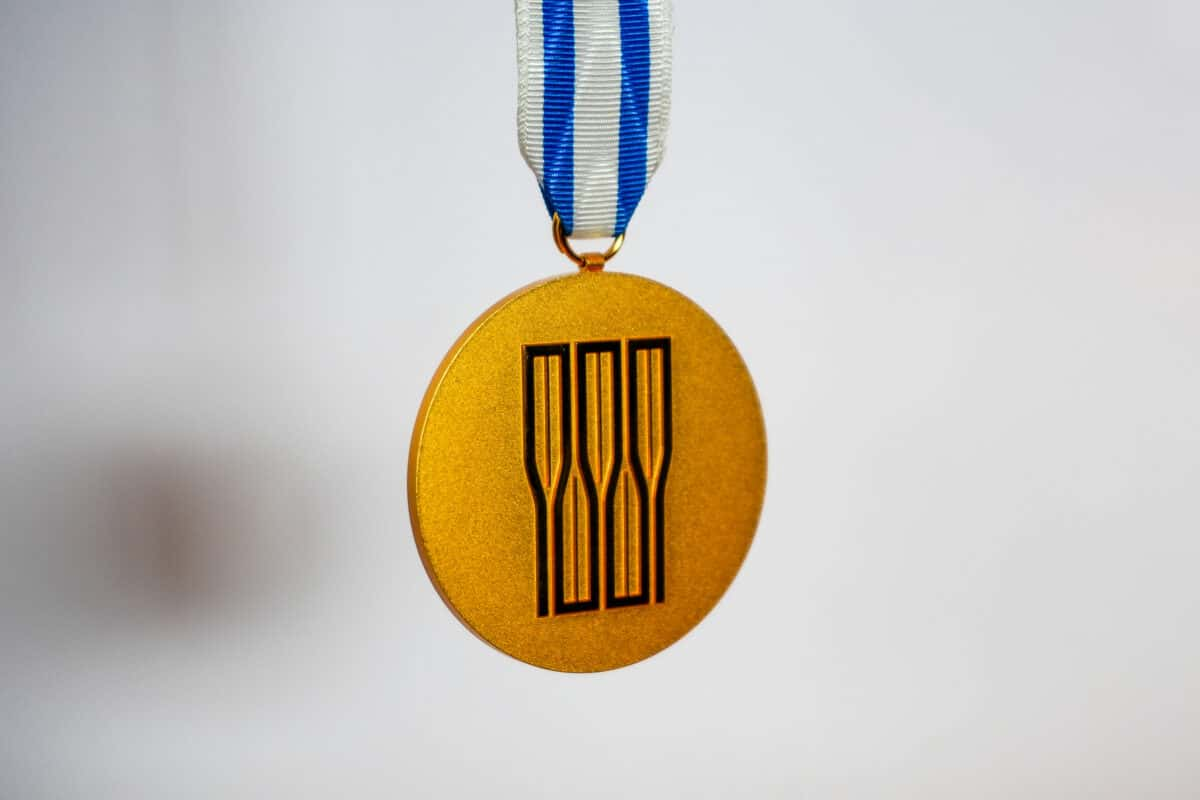
25 Sep 2024
The World Rowing Awards: A Legacy of Excellence
The World Rowing Awards have a long and rich history dating back to 1990, when the inaugural “Thomas Keller Medal”, the highest honour in rowing, was bestowed.
Named after the legendary figure who exemplified outstanding achievement, sportsmanship, and international success, this prestigious award has been attributed to enhancing the highest standards in this sport.
Alf Hansen was the first to ever have the opportunity to win this prize. His international rowing career lasted more than two decades, and it was marked by numerous international medals, including two at the Olympic Games. He clinched gold in the men’s double sculls at the 1976 Montreal Olympics and the second one in the 1988 Seoul Olympic Games, where he won a silver medal in the men’s quadruple sculls.
The award was named in honour of the late President of World Rowing (previously FISA), Thomas Keller (Thomi). Born in 1924, Keller was elected President of World Rowing in 1958 as a 34-year-old, and was then the youngest-ever president of an international sports federation. Keller spontaneously awarded the World Rowing Medal of Honour to single scullers Peter-Michael Kolbe (Germany) and Pertti Karppinen (Finland) following the 1988 Olympic Games to commemorate one of the greatest rivalries in the history of the sport, thereby recognising their exceptional talent and sportsmanship. This shaped the idea for the eventual Thomas Keller Medal which was initiated by the Keller family and first awarded in 1990. Thomas Keller passed away in office in 1989.
Each year the winner is carefully selected by the Thomas Keller Medal Committee which includes Keller’s son Dominik Keller. The aim is to ensure that the true values in which Thomas Keller so strongly believed are represented. Previous winners include Eskild Ebbesen (Denmark), Vaclav Chalupa (Czech Republic), Iztok Cop (Slovenia), Elisabeta Lipa (Romania), Steve Redgrave (Great Britain), Kim Brennan (Australia) and Eric Murray and Hamish Bond (New Zealand).
The history of the Awards continued in 1998 when the “ World Rowing Coach of the Year” Award was introduced.
The modern format of the World Rowing Awards emerged in 2002 when James Cracknell and Matthew Pinsent from Great Britain won a prize for “ World Rowing Men’s Crew of the Year” and Rumyana Neykova from Bulgaria received the “ World Rowing Women’s Crew of the Year”.
The same year, the “World Rowing Distinguished Service to International Rowing” Award was established to honour individuals who have made extraordinary contributions to this sport. It includes names synonymous with rowing such as Norway’s Thor Nilsen and Anita DeFrantz of the United States. Nilsen was recognised for his work in rowing development; DeFrantz for her leadership in rowing and beyond. In 2021, the Distinguished Services Award went to Peter and Dick Dreissigacker of the United States.
The winner that first year was Klaus Filter, a former German rower, a member of the East German National Rowing Team, and a pioneer in rowing equipment design. In 1960, he developed the first composite rowing shell, and in 2005 he designed the first self-bailing racing shell for WinTech Racing.
In 2009, the “World Rowing Para Crew of the Year” Award was added, following Rowing’s Paralympic debut at the Beijing 2008 Paralympic Games. Tom Aggar (GBR) won in both 2009 and 2010.
The “World Rowing Awards” were invented to celebrate the best of rowing, and remained steadfast in their commitment, keeping a legacy of excellence and recognising the achievements of athletes, coaches, and individuals who have contributed to shaping this sport.

